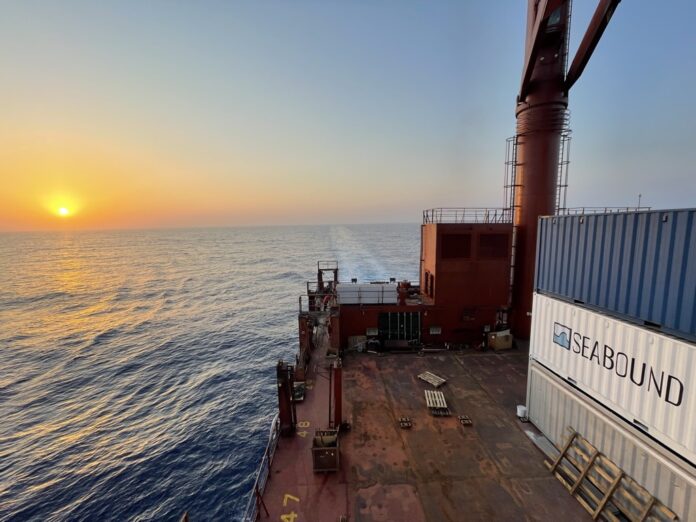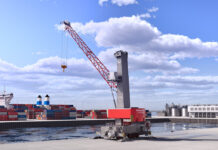
Seabound, has launched the world’s first onboard marine carbon capture project in partnership with Hartmann Group, InterMaritime Group, and Heidelberg Materials Northern Europe.
The pilot project equips the UBC Cork, a 5,700 GT cement carrier owned by Hartmann and managed by InterMaritime, with Seabound’s compact carbon capture system. Captured CO₂, stored as limestone onboard, will be offloaded at the Port of Brevik, Norway, and used at Heidelberg’s Brevik cement plant.
The Brevik facility, recently inaugurated, is the world’s first industrial-scale carbon capture plant in the cement industry and will produce net-zero concrete.
Marine shipping accounts for around 3% of global CO₂ emissions, and with the IMO introducing a global carbon price of up to US$380/tonne in April 2025, the pressure is growing on shipowners to find scalable decarbonization solutions.
Seabound’s system uses calcium looping technology to capture up to 95% of CO₂ and 98% of sulphur emissions. It converts CO₂ into limestone via calcium hydroxide (slaked lime), storing it onboard until return to port. The containerized design enables easy retrofitting with minimal vessel modification and lower energy needs than liquefied CO₂ systems.
“This project demonstrates how onboard carbon capture can reduce maritime emissions and meet global climate goals, with partners like Heidelberg and Hartmann, we’re showing what scalable decarbonization looks like”, said Seabound CEO Alisha Fredriksson.
The initiative is co-funded by the Eurostars partnership under Horizon Europe and supported by the Cyprus Research and Innovation Foundation.
The Cyprus Marine and Maritime Institute is also a partner, supporting development of next-generation maritime decarbonization technologies.




